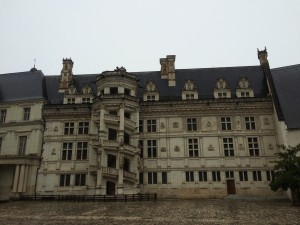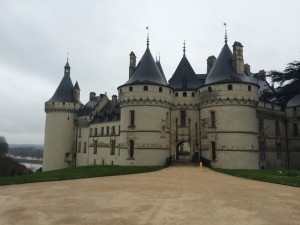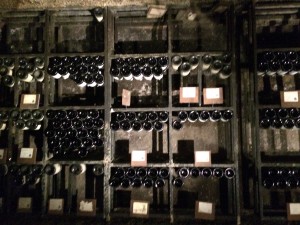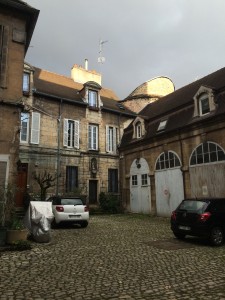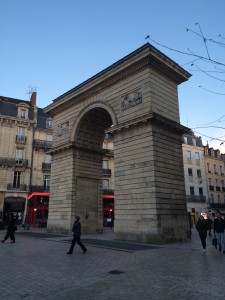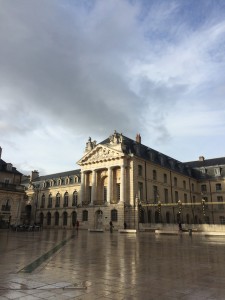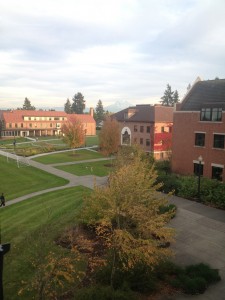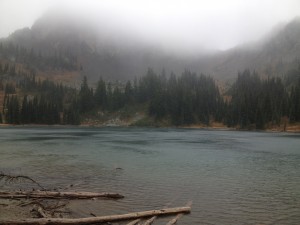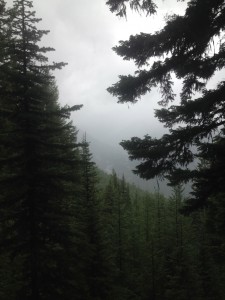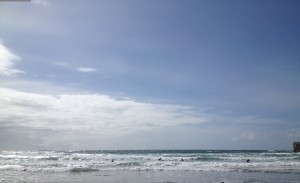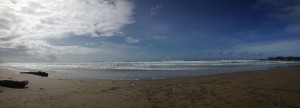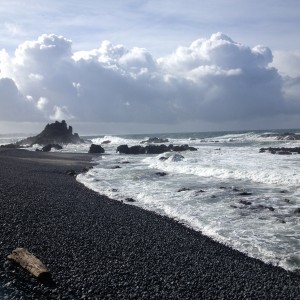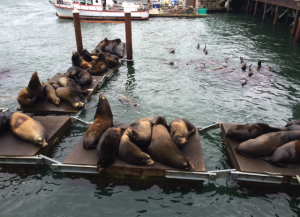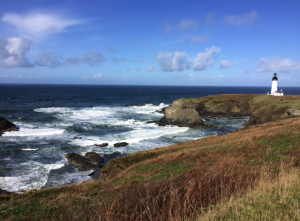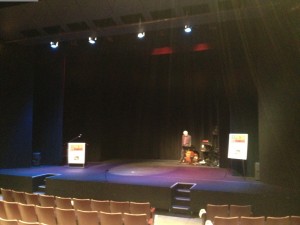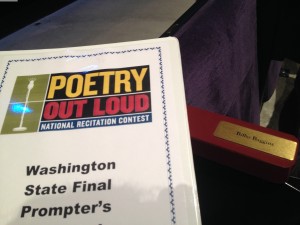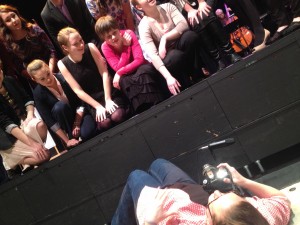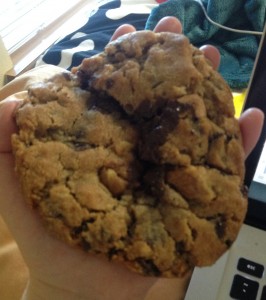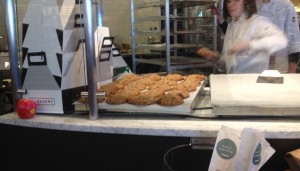One of the best, if not the best, things about the UPS Dijon study abroad program are the vacations, organized by the program, specifically the wonderful Nathalie, to other cities in France. For free.
Okay, actually, they’re paid for by the tuition we spent to get here, but I’m not shelling out euros for every bistro and degustation (there should be an accent on the e, but I’m not feeling the struggle to edit that) de vin and tour of a chateau, so I am calling it free.
This past weekend, we went to the Loire valley. The Loire is a river (un fleuve) in the west of France where multiple kings built what were essentially summer homes (chateaux) to live in when they weren’t feeling la Louvre (originally the main palace of the kings, until Louis XIV built Versailles).
The Loire Valley is two train rides away from Dijon, equally a total of about six hours gazing at the peaceful French countryside. Once we were there, though, we went to town on the chateaux.
The first chateau we visited was the Chateau de Blois, which is smack-dab in the middle of the town of Blois, where we stayed. The Chateau de Blois was the most used by the French royal court; throughout the centuries, French kings built additions to the original fortress (making it fancier each time, naturally).
Also, the Chateau de Blois played an integral role in the Wars of Religion in France; it is where Henri III had the Duc de Guise straight up murdered.
That afternoon, we visited Chambord. Chambord is the second largest chateau in France, after Versailles; unlike Versailles, it is not decked out. From what I understand, Francois I built the chateau and then stayed there for about a grand total of 15 days. It is basically just too big: impossible to heat in the winter, attacked with mosquitos in the summer (not that that is related to it’s size), and not the favorite landing spot of any king, ever. The outside, however, is very beautiful. It was built to be perfectly symmetrical.
I don’t have a picture that encapsulates how big and grand Chambord is; google it.
The next day, in the morning, we visited Chaumont-sur-Loire. It’s a little chateau on a hill overlooking the Loire River. The outside is appropriately medieval/Renaissance, but the inside is a little bit jarring; it was pretty much lived in up until the early 1900s, by a handful of royal people and then various rich people, so the inside decor reflects more of the Gilded Age aesthetic (I actually don’t know if the Gilded Age happened in France concurrently with America, but it’s more of a look than historical accuracy).
Our final chateau was Chenonceau, which is absolutely perfect and #lifegoals. Chenonceau is small and romantic and built in the middle of a river. Additionally, it was owned at times by two of the most badass woman in France: Diane de Portiers, who had Henry II wrapped around her toe, basically, and Catherine de Medicis, who I’m pretty sure single-handedly ruled France while her whiny sons kept dying (and was married to Henry II, which is admittedly a little awkward). Anyway, they both connived to make Chenonceau the prettiest chateau in the Loire Valley, and they succeeded.
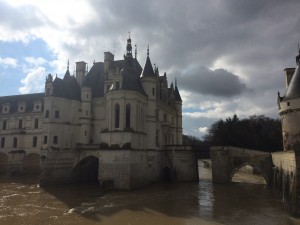
Someday, I am going to convince a king to be madly in love with me for his entire life and give me castles.
Have I mentioned that this weekend was included in the price of the program? The chateaux, the delicious meals, the hotel with a pool: I personally did not spend any of my own euro for this weekend.

